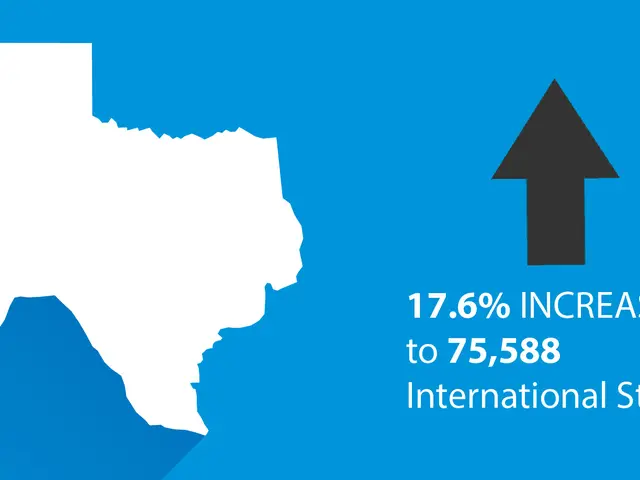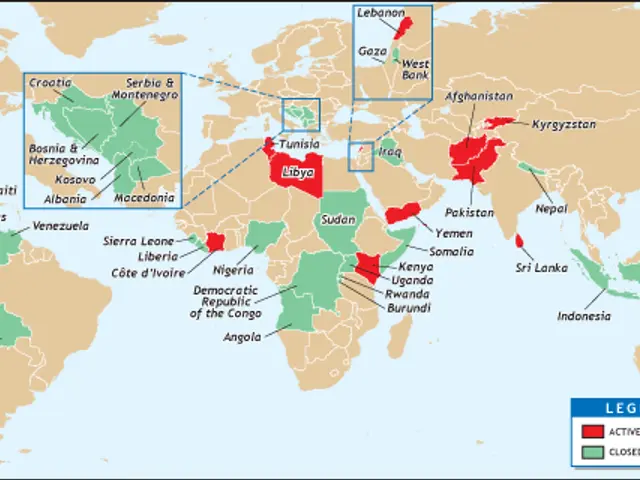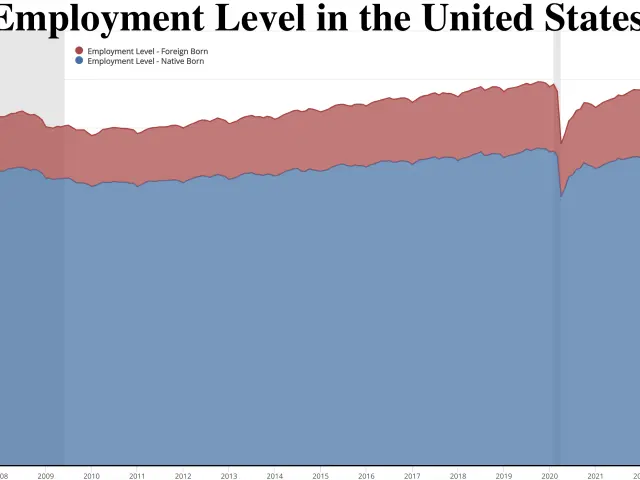Young Employees Face Harsh Work Conditions, According to Poll Results
Young Workers Across Australia, UK, and Latin America Confront Multiple Challenges in the Workplace
Results from a comprehensive survey involving 1,700 participants in three regions have highlighted the mounting difficulties confronting young workers. Frustrations stem from insufficient wages, escalating costs, understaffing, and the effects of digitalization, all leading to deteriorating mental health.
The Young Workers' Lab at UNI Global Union, in collaboration with regional partners, administered this survey in 2019. The results illustrate responses from 1,700 participants who voted on 15,000 individual responses. The sole question posed was: What are the biggest challenges you are currently facing in relation to work?
The following table presents the key concerns identified by young workers across the three regions:
Insufficient Wages
Low pay has been a recurring issue across all regions.
In the United Kingdom, respondents have expressed concern over stagnant wage growth that doesn't keep pace with rising living and housing costs. A common upvoted response highlighted the importance of employers valuing their staff as adaptable and capable of learning and growing. Solutions suggested included pay progression and financial recognition for employees who improve in their roles.
In Latin America, low pay and high rental expenses have ignited frustration. One widespread concern was, "I work so many hours and yet I still have no money because the pay is so low!" Workers in the region reported feeling exploited and complained of poor labour law enforcement.
In Australia, concerns regarding pay for public holidays and Sundays emerged. One respondent lamented working full Sundays without additional compensation, while another expressed the desire for recognition of a living wage given the escalating prices.
Stress, Discrimination, and Mental Health
Sexual harassment and stress were significant factors impacting mental health in Latin America. Workers demanded an end to victim-blaming and stressed the need for better enforcement of anti-harassment policies. In addition, workers in the region felt overwhelmed due to the expectations of being treated like robots, with limited breaks and more time invested at work than with their families.
In Australia, stress resulted from power abuses by management and the lack of care shown to employees. Workers felt pressured to work even when sick and struggled with how to confront these abuses.
Insufficient Skills or Training
Both Latin America and Australia expressed concerns over the effects of digitalization on decent work and the need for better training to adapt to new technologies. In Latin America, workers felt continually required to retrain due to the rapid pace of digital change. In Australia, a lack of direction and training caused frustration among young workers.
- Young workers in Australia, UK, and Latin America are grappling with numerous challenges in the workplace-wellness sector, including inadequate skills training due to rapid technological advancements.
- The digitalization of workplaces is increasingly creating a need for health-and-wellness and skills-training programs to help young workers adapt and remain competitive, as noted in both Latin America and Australia.
- Mental health has become a significant concern for young workers across these regions, with stressors such as power abuses, sexual harassment, and poor work-life balance detrimentally affecting their well-being.
- Education-and-self-development opportunities are essential when it comes to career-development, as demonstrated by young workers' demands for continuous learning and financial recognition for improving skills and growing in their roles, especially in the UK and Australia.
- The importance of enforceable anti-discrimination policies and management care towards employees' well-being cannot be overstated, as work-related stressors like insufficient mental health support and alleged victim-blaming impact workers' mental health and job satisfaction, as seen in both Latin America and Australia.








